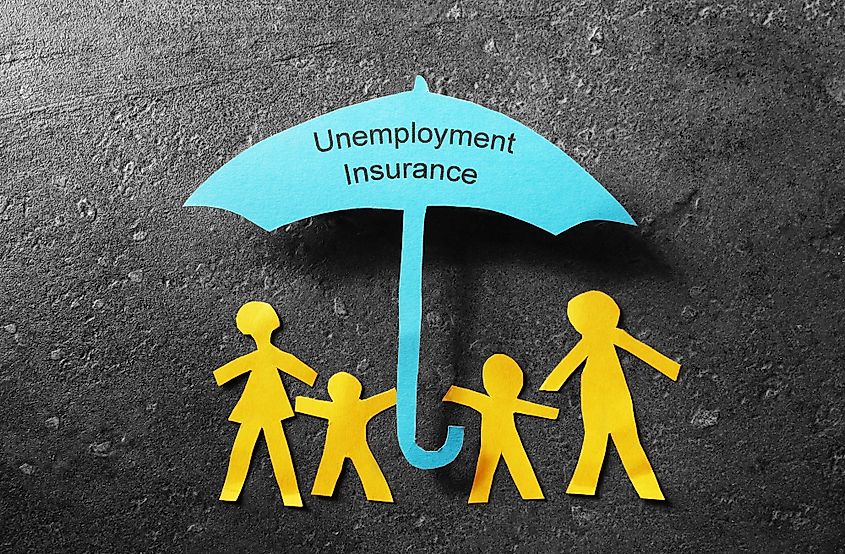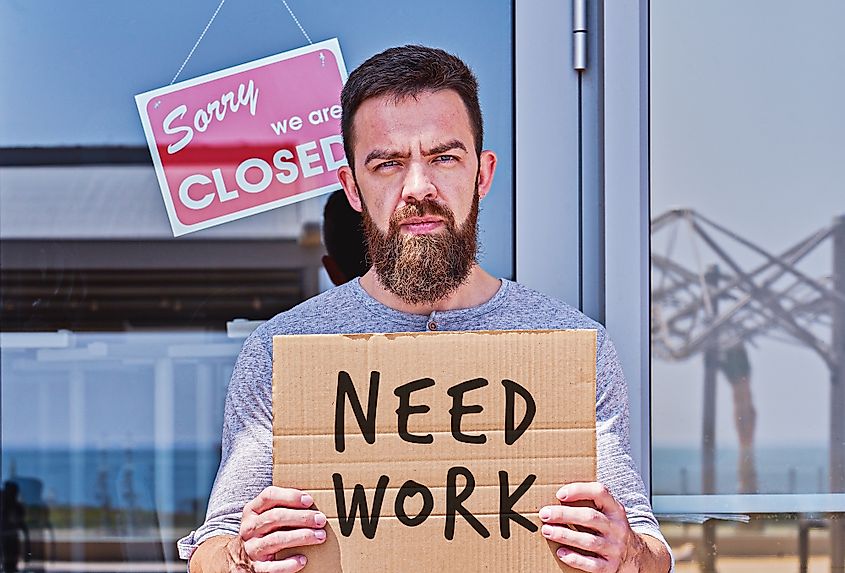How Do I Apply For Unemployment In The US?

- You must report unemployment benefits as income on your tax return.
- Workers who may not have qualified for UI benefits in the US now may be covered under new coronavirus unemployment benefit laws.
- You cannot file for unemployment benefits in the US for someone else.
Unemployment benefits in the US are something that many people can apply for. They are payments made by the government to people who are without a job because they lost it, they fell sick, they were injured or they experienced some other unforeseen circumstances that were no fault of their own, but resulted in them being without paid work.
While these things are not positive experiences, fortunately, applying for unemployment insurance (UI) is relatively easy to do.

Before giving out any other information, It is important to note that each state has its own UI program, and that you must find your state online in order to start your application. You can get started easily by searching for your state in the interactive map found at Careeronestops.org.
Once you have done this, you will be prompted to choose to file an unemployment insurance (UI) claim over the internet, or by telephone.
Be careful: you cannot file a UI claim for someone else, only for yourself.
What do you need to get started? Applicants are required to have some information on hand which often includes your Social Security Number, information about your employer, and your work history.
Who Cannot File A Claim?
It is true that unemployment benefits in the US are available to most, but not everyone qualifies for them.
Generally speaking, in many states you cannot receive UI if you live outside the US, (which makes some sense), or if you have worked as a merchant seaman in the past 18 months.
Unfortunately, you also cannot receive benefits if you have worked for the federal government in the past 18 months and you were not laid off due to a government shutdown, and you cannot get UI if you have filed a claim in another state in the past twelve months- no double dipping. Check with your state to view specific rules.
Weekly Certifications
When you apply for UI, most states have you file weekly certifications. This is a claim that you need to file each week you want to receive UI. It is good to be aware that deadlines are strict in most states, and they must be adhered to in order to receive your payments.
Jobless Due To The Coronavirus

Millions of Americans have lost their jobs due to the coronavirus pandemic. In response to this, in March 2020, the federal government permitted states to change their unemployment benefits laws in order to help people including those who may not have previously qualified for UI coverage.
According to Careeronestop.org, a site sponsored by the US Department of Labor, you may qualify for benefits under many circumstances. Please click here to read the reasons in detail.
Careeronestop.org notes that many state websites and phone lines used to apply for UI are now overloaded and overwhelmed. Because of this, you need to practice patience. It may be hard to get your application through, but keep trying as eventually you will succeed, somehow, in getting through.
Need further assistance? The Coronavirus Aid, Relief, and Economic Security (CARES) Act also provides help. Applicants can receive assistance with phone bills, medical bills and other personal expenses that are now difficult to cover due to coronavirus measures taking place. Check the US government’s website for details on how to apply for this additional aid.
Finally, remember, you must report unemployment benefits as income on your tax return, so keep your records accurate, and up to date.
The coronavirus pandemic is a difficult time for so many, and you are not alone in facing economic troubles. If you are feeling overwhelmed, check out these quick tips from CNBC on trying to stay grounded. We will get through this.











